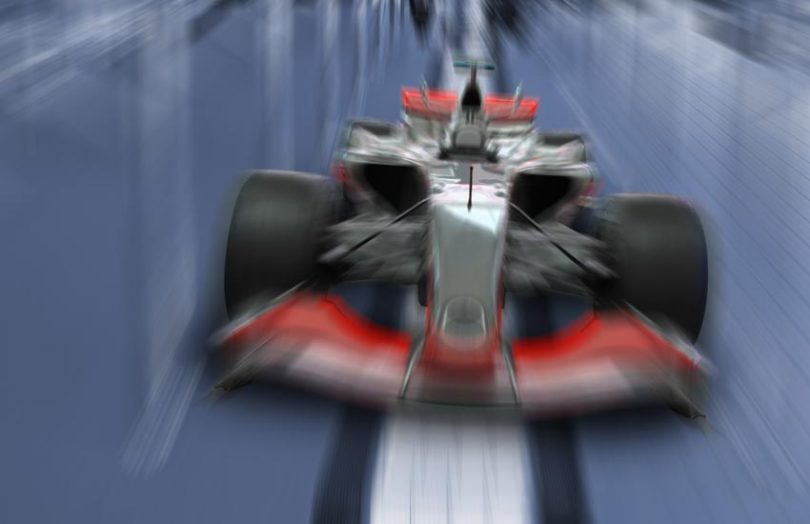Formula 1’s blockchain game F1 Delta Time announced it is auctioning non-fungible tokens (NFT) for 10 official team cars. NFT’s are tokens that represent unique items, often collectibles, as opposed to regular tokens which are more like interchangeable currencies or stocks.
For the game, Formula One has granted a license to game developer Animoca Brands, a Hong Kong company listed on the Australian Securities Exchange, but the securities are currently suspended. The suspension in part relates to queries about the accounting for a token offering relating to another game.
The F1 game and collectibles
F1 Delta Time is based on the Ethereum blockchain and uses ERC-721 (non-fungible) and ERC-20 standards. The game allows users to own official F1 digital collectibles of cars, drivers and numerous components, which are NFTs and tradable in the game.
All the F1 team cars will be involved in the upcoming auction. The NFTs are produced in limited quantities depending on their rarity and have unique racing attributes. There are five rarity levels for racing cars in the game — Apex, Legendary, Epic, Rare and Common. The NFTs going on auction will all be of Epic rarity.
In the future, the NFTs will be used to enable players to drive in a game that’s expected to be released next year.
The matchup of a blockchain game with F1’s technophile audience has the potential to be a profitable one.
Animoca Brands has already sold some F1 digital collectible tokens. Back in October, it announced an auction of the “Japan Edition 2019”, an F1 NFT car celebrating the ‘Reiwa’ era in Japan. Before that, it had three separate auctions. Animoca claims the first in May raised 415.9 ether (currently $61,553), in June a “Monaco Edition 2019” car secured 108 ether ($15,984 ) and in July a “France Edition 2019” was bought for 96.6 ether ($14,297).
While these seem like reasonable revenues for single virtual cars, token sales have caused Animoca some headaches.
Suspension from ASX
Animoca’s securities were initially suspended in early September for the late filing of its half-year report. Even though the results have been submitted, the listing has not yet been reinstated. That’s because of queries about the results from the ASX and the pending “release of price-sensitive announcements”.
Some of the ASX questions relate to the accounting for a token offering in May. A subsidiary TSB Gaming raised A$3.6 million ($2.45 million) partly from a Simple Agreement for Future Equity (SAFE) and partly from utility tokens.
Utility tokens usually relate to future revenues. The idea should be that when the tokens are used to pay for some service, like a game, then they become income, but not before. However, TSB initially recognized the revenues in the first half of 2019. When they concluded the game was not ready to launch, it was necessary to reclassify the income as future revenues.
The token offering related to a blockchain version of The Sandbox. Animoca says for this game, it has a partnership with Klaytn the blockchain protocol and platform initiated by South Korean social networking giant Kakao.
But these two games – F1 Delta Time and The Sandbox – are not Animoca’s only blockchain interests.
The collectibles and gaming opportunity
Sports organizations are turning to blockchain to connect with their fans, in part to reach people who are geographically remote from the sports action. Blockchain collectibles are being explored to provide official merchandise to fans across the world. An NFT token can only be owned by one person at a time, and blockchain guarantees its rarity and authenticity.
Animoca Brands’ has acquired fan engagement company Stryking which has signed a deal with Bayern Munich for its blockchain collectibles platform. Here, the player cards are being offered as NFTs to fans.
Another blockchain firm, Fantastec, has signed deals with Real Madrid, Arsenal and Borussia Dortmund for its digital collectibles platform called SWAP.
Update: A previous version incorrectly referred to the Simple Agreement for Future Equity as security tokens.
Based on a request, the term ‘ICO’ was replaced with ‘token offering’. The offerings were private placements. However, other private token offerings are widely referred to as ICO or initial coin offerings, eg. the Telegram ICO.






